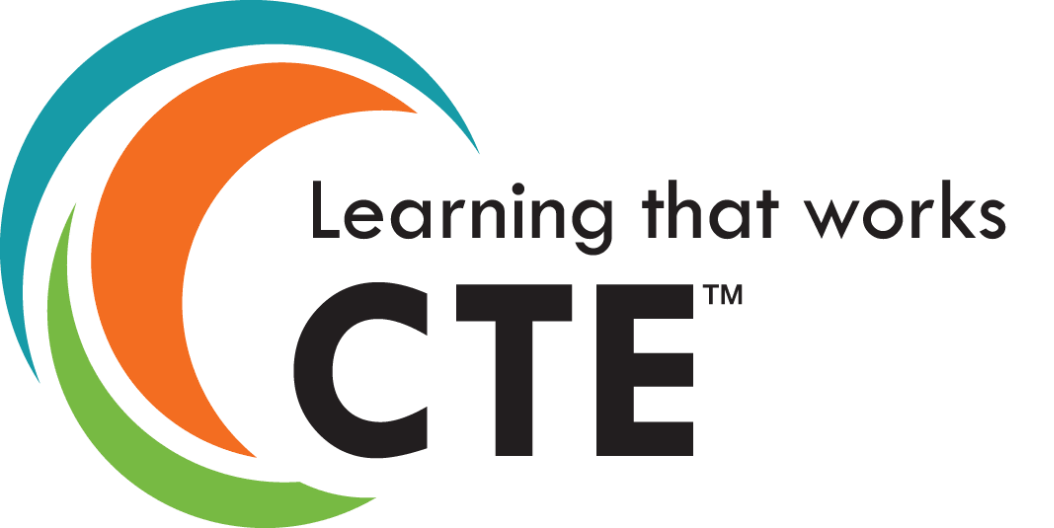STANDARDS
MARKETING STANDARDS

Social Responsibility - Individuals and companies have a duty to act in the best interests of their environments, and society as a whole
Market Research - The process and methods used to gather information, analyze it, and report findings related to marketing goods and services
Human Resources - The organizational function that deals with the people and issues related to people such as compensation, hiring, performance management, and training
Purchasing - An alternative to starting a business from scratch or buying a business opportunity that involves purchasing an existing business for sale
Buying Methods
Resident Buying - A market representative located in a central market area and acting as buyer and consultant to one or more retailers in a line (as women's clothing) subject to much variation and rapid change
Centralized Buying - Buying process for all branches for all branches in a chain store operation, usually done in a central location, such as a company headquarters
Decentralized Buying - Local chain store managers or their designated buyers who are authorized to make special purchases for their individual stores
Gross Sales - The total of all sales for a given period of time
Net Sales - The amount left after gross sales have been adjusted for returns and allowances
Management Functions
Planning - The process of setting goals and determining how to reach them
Organizing - Establishment of a time frame which to achieve a goal, assigning employees to the project, and determining a method for approaching the work
Implementing - The carrying out, execution, or practice of a plan, a method, or any design, idea, model, specification, standard or policy for doing something
Controlling - The process of setting standards and evaluating the performance
Income Statement - A summary of income and the expenses during a specific period of time; also known as profit and loss statement
Balance Sheet - A summary of a business’s assets, liabilities, and owner’s equity
Business Ownership
Sole Proprietorship - A business owned and operated by one person
Partnership - A legal agreement between two or more people to be jointly to be responsible for the success or failure of the business
Corporation - A legal entity created by either state or federal statute authorizing individuals to operate an enterprise
Franchise - A legal agreement to sell a parent company’s product or services in a designated geographical area
Decision Making Process
1. Identify the problem
2. Brainstorm possible solutions
3. Explore and evaluate possible solutions
4. Make decision, plan and act on it
5. Evaluate results and accept responsibility for results of decision
Business Risk
Economic Risk - The risk that the output of the project will not produce adequate revenues for covering operating costs and repaying the debt obligations
Human Risk - Risks that are triggered by errors or omissions as well as the unpredictability of customers or of working environments
Natural Risk - Risks that result from natural occurrences, such as an earthquake or bad weather
Handling Risk
Risk Prevention - Methods include all techniques and management practices that help to prevent unnecessary or foreseeable risks
Risk Transfer - A method of risk management and control strategy that involves the contractual shifting of a pure risk from one party to another
Risk Retention - Planned acceptance of losses by deductibles, deliberate non-insurance, and loss-sensitive plans where some, but not all, risk is consciously retained rather than transferred
Risk Avoidance - The elimination of hazards, activities and exposures that can negatively affect an organization's assets.


